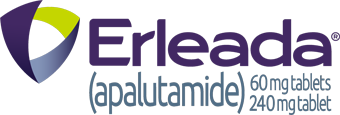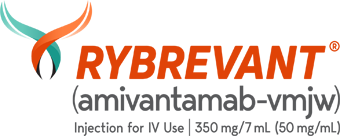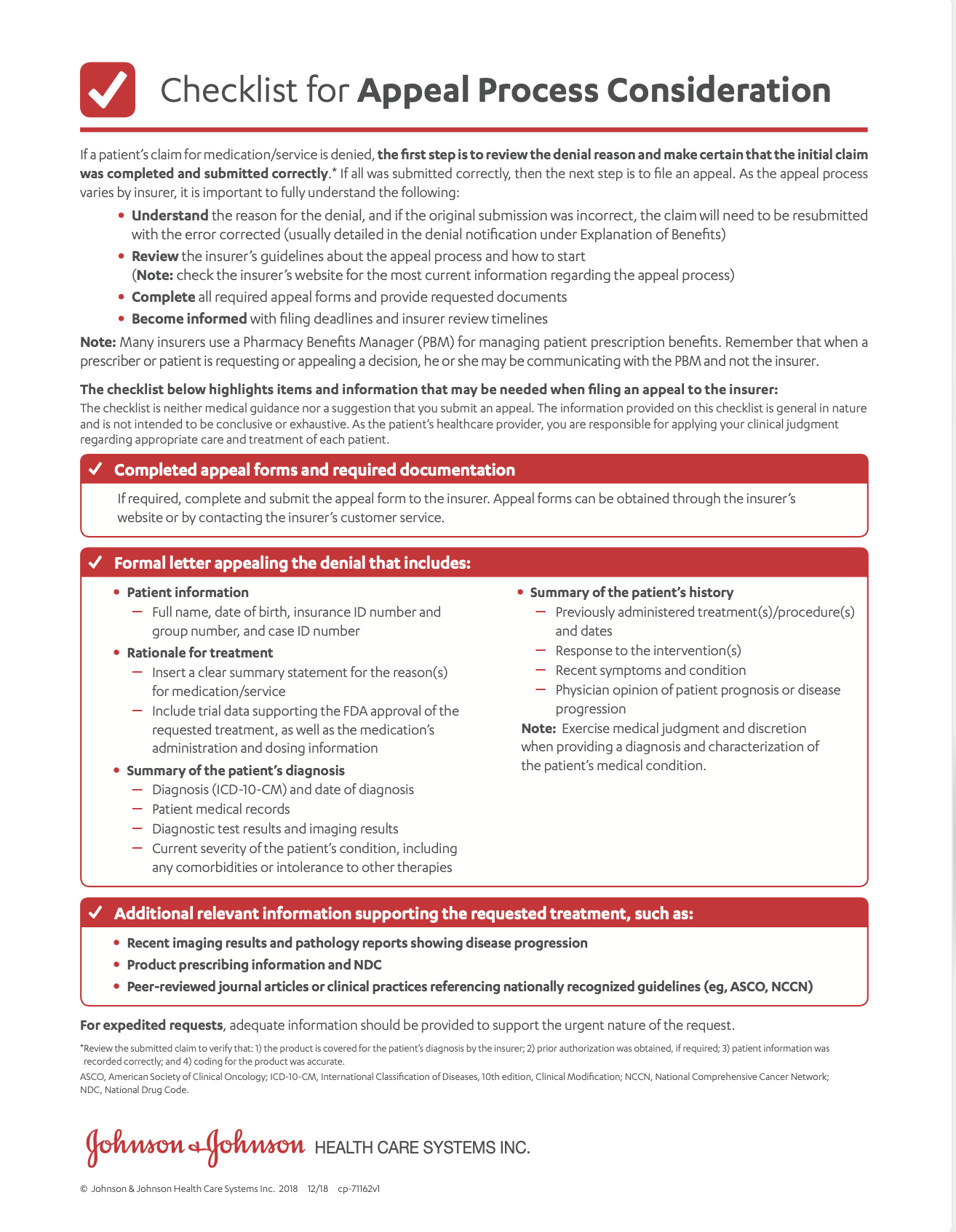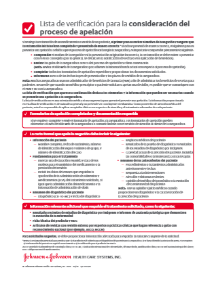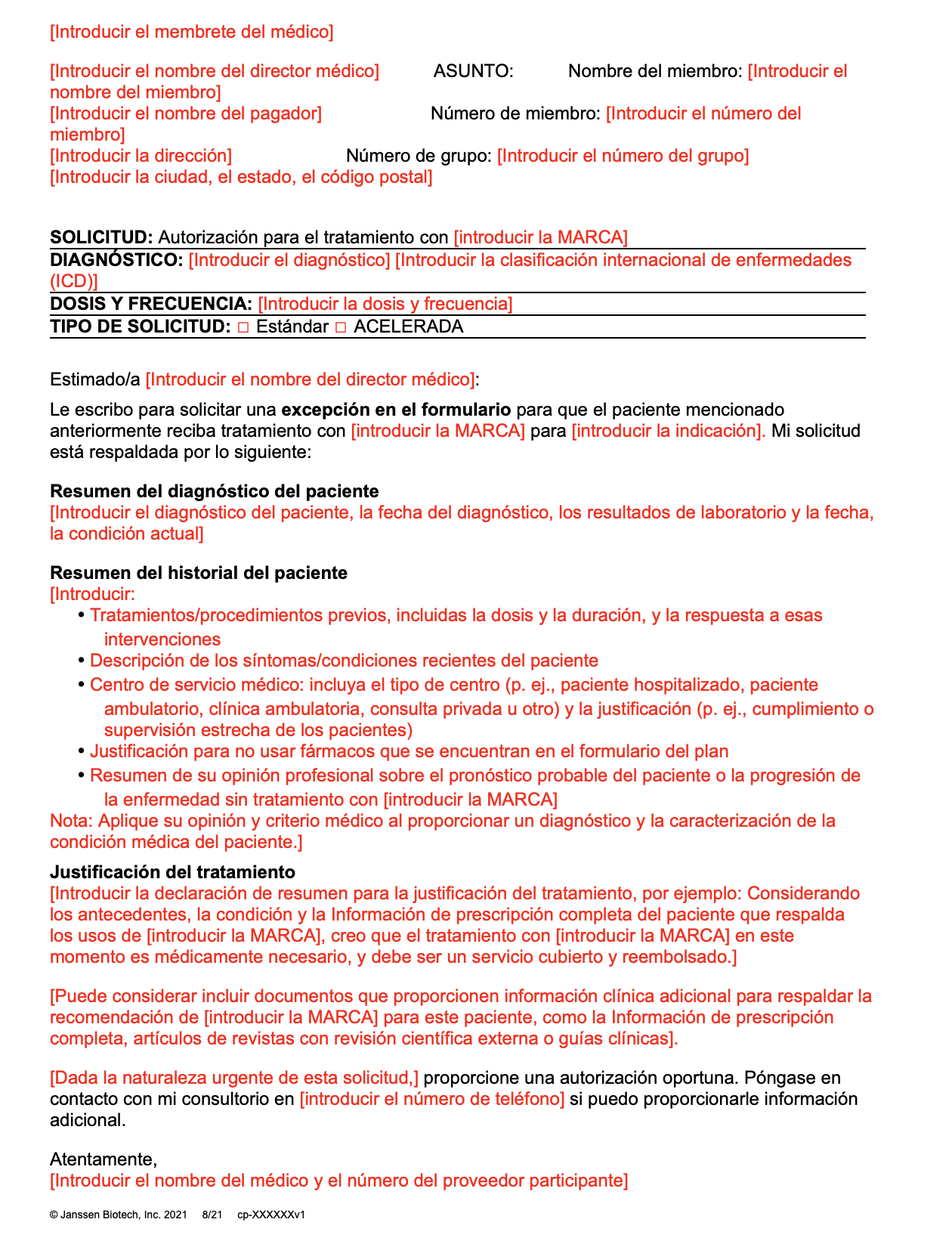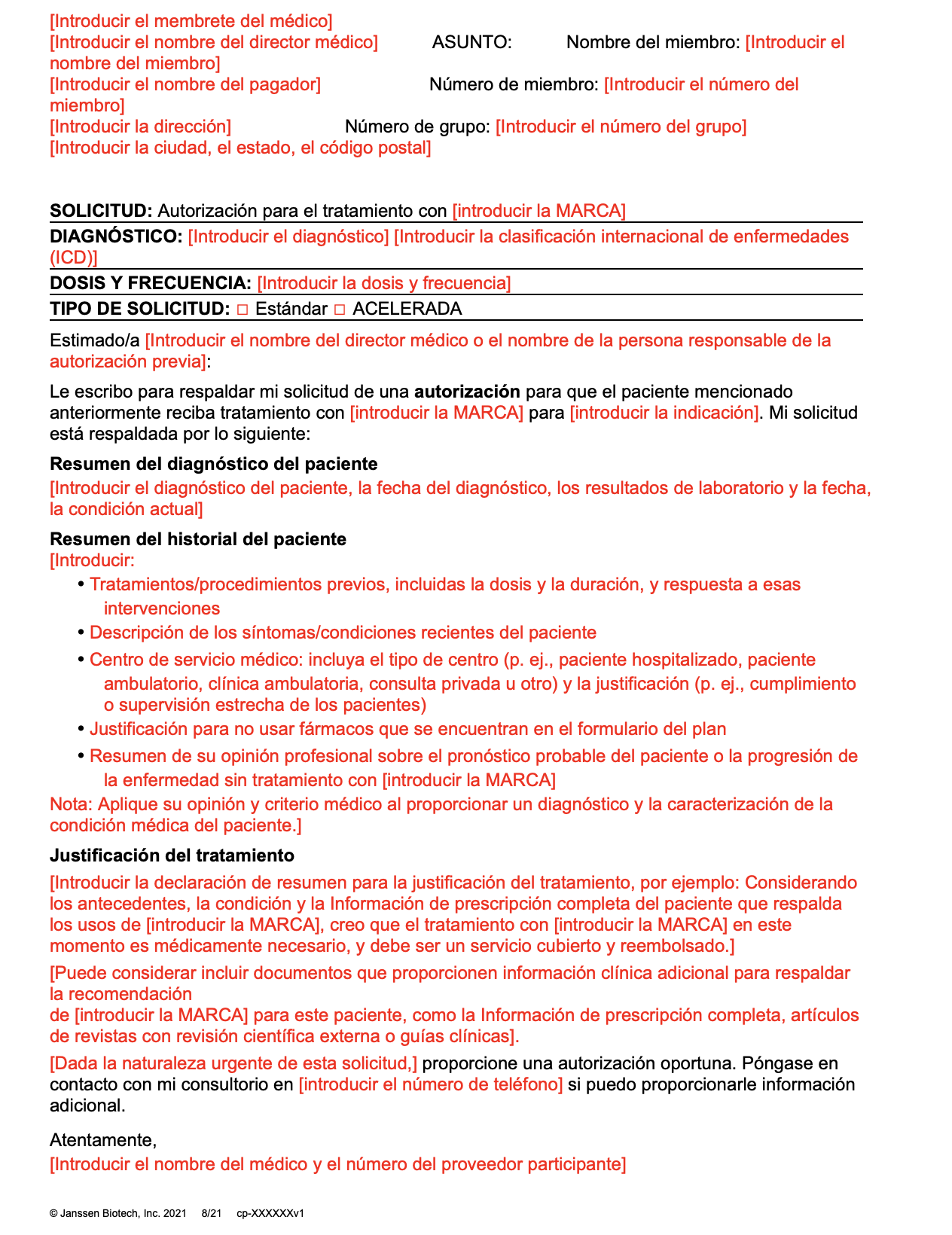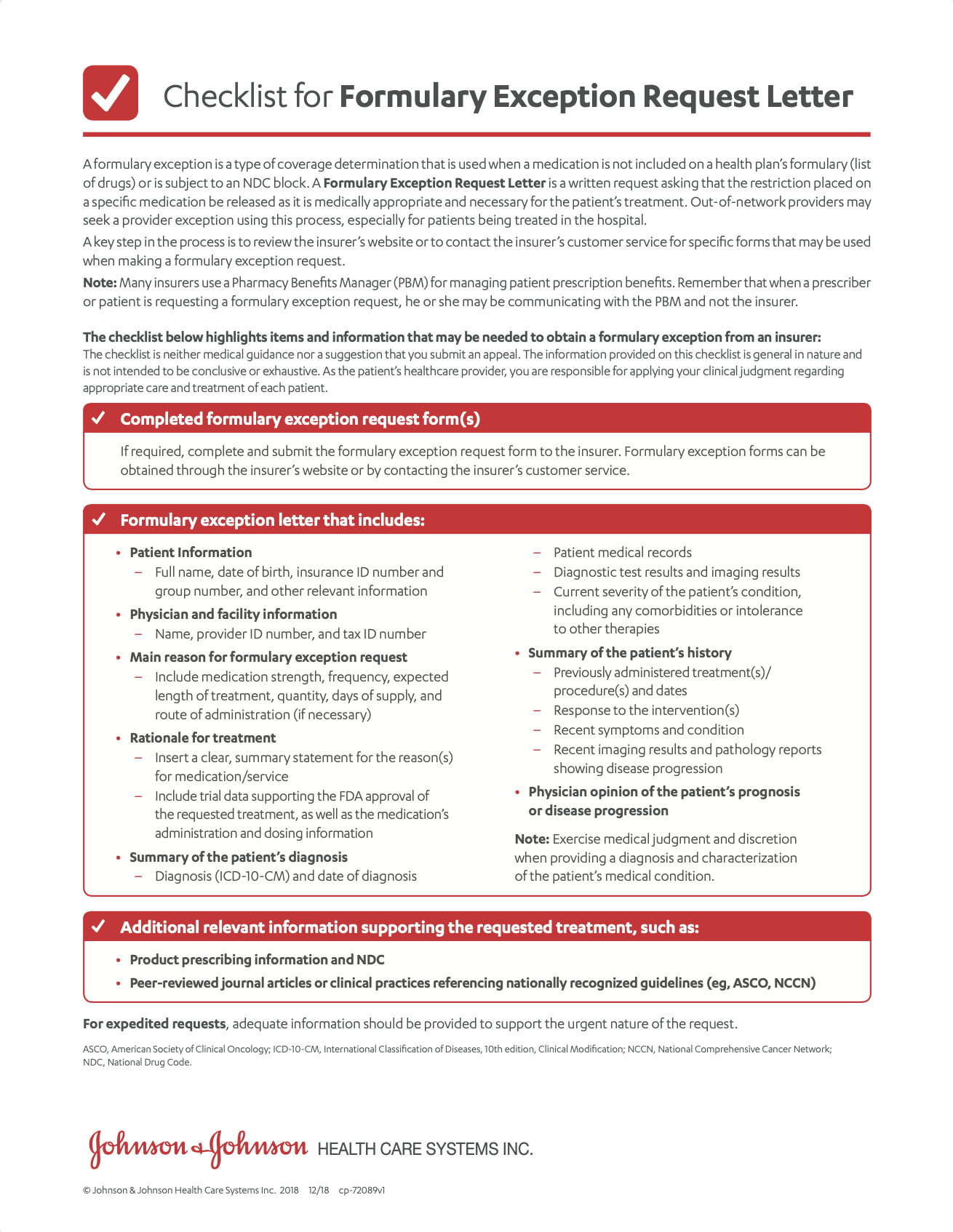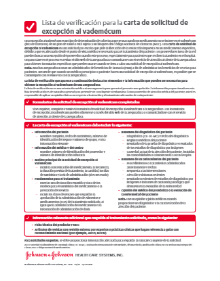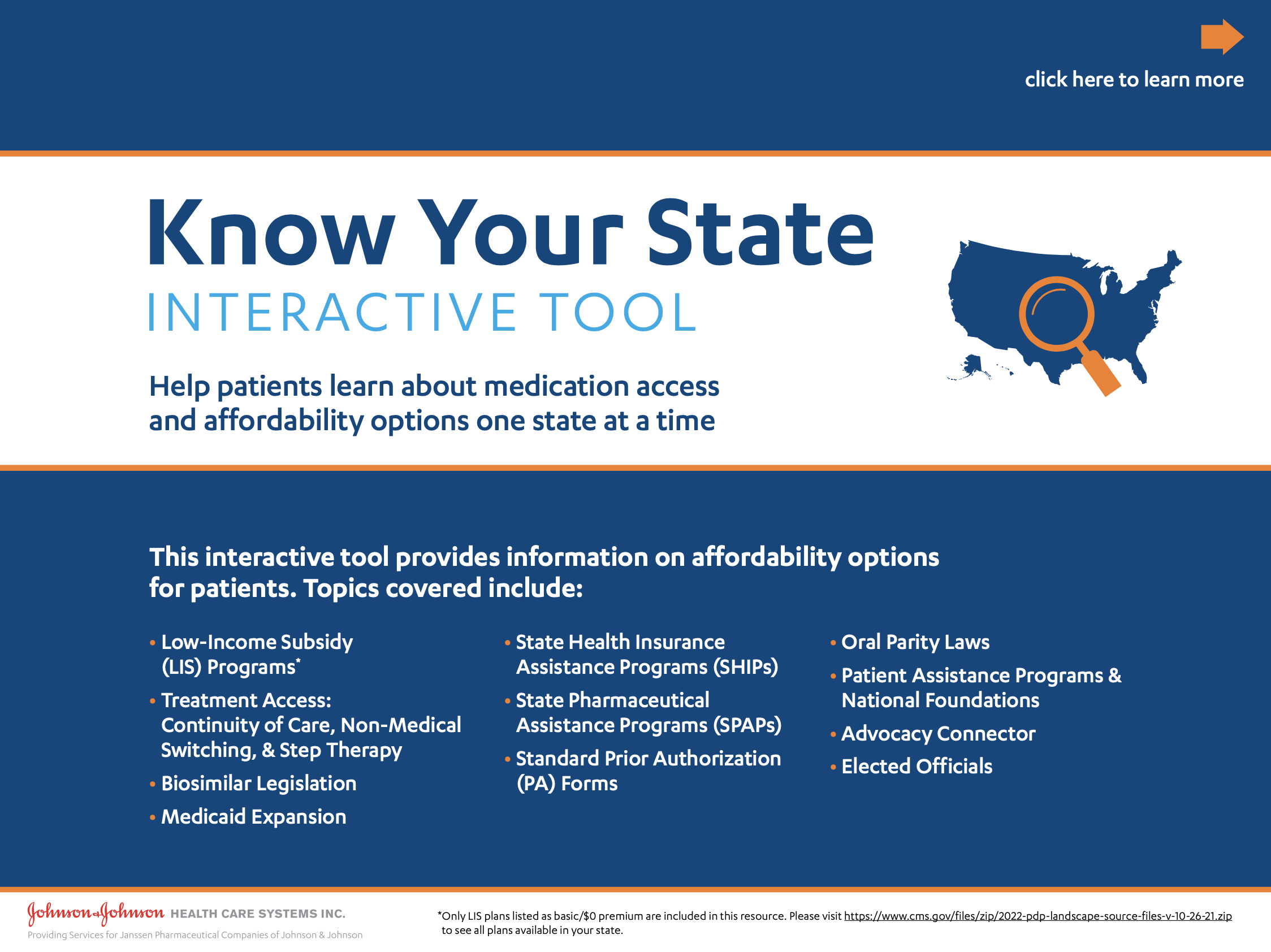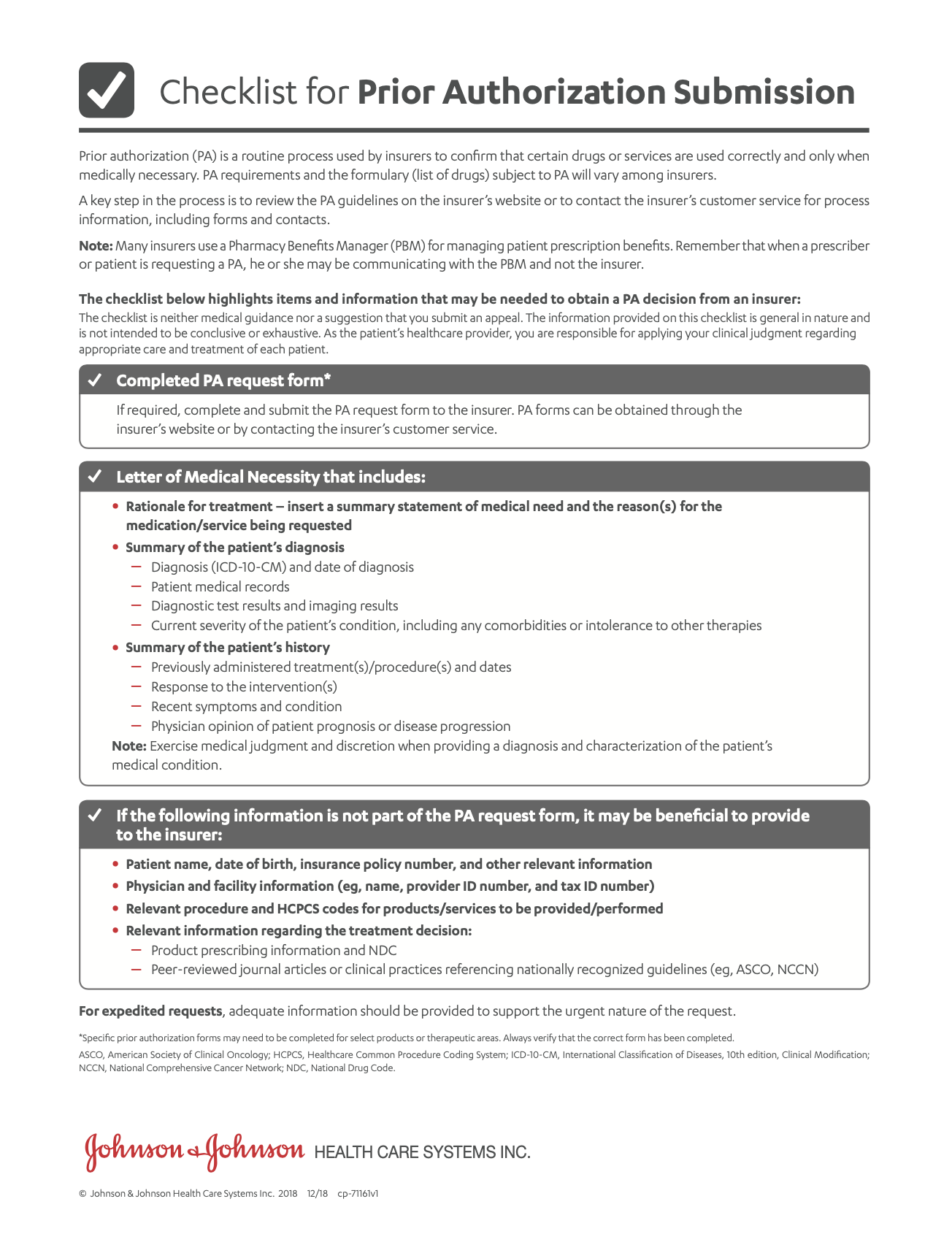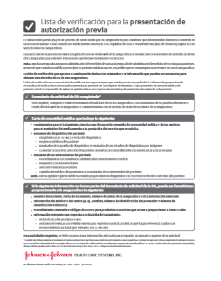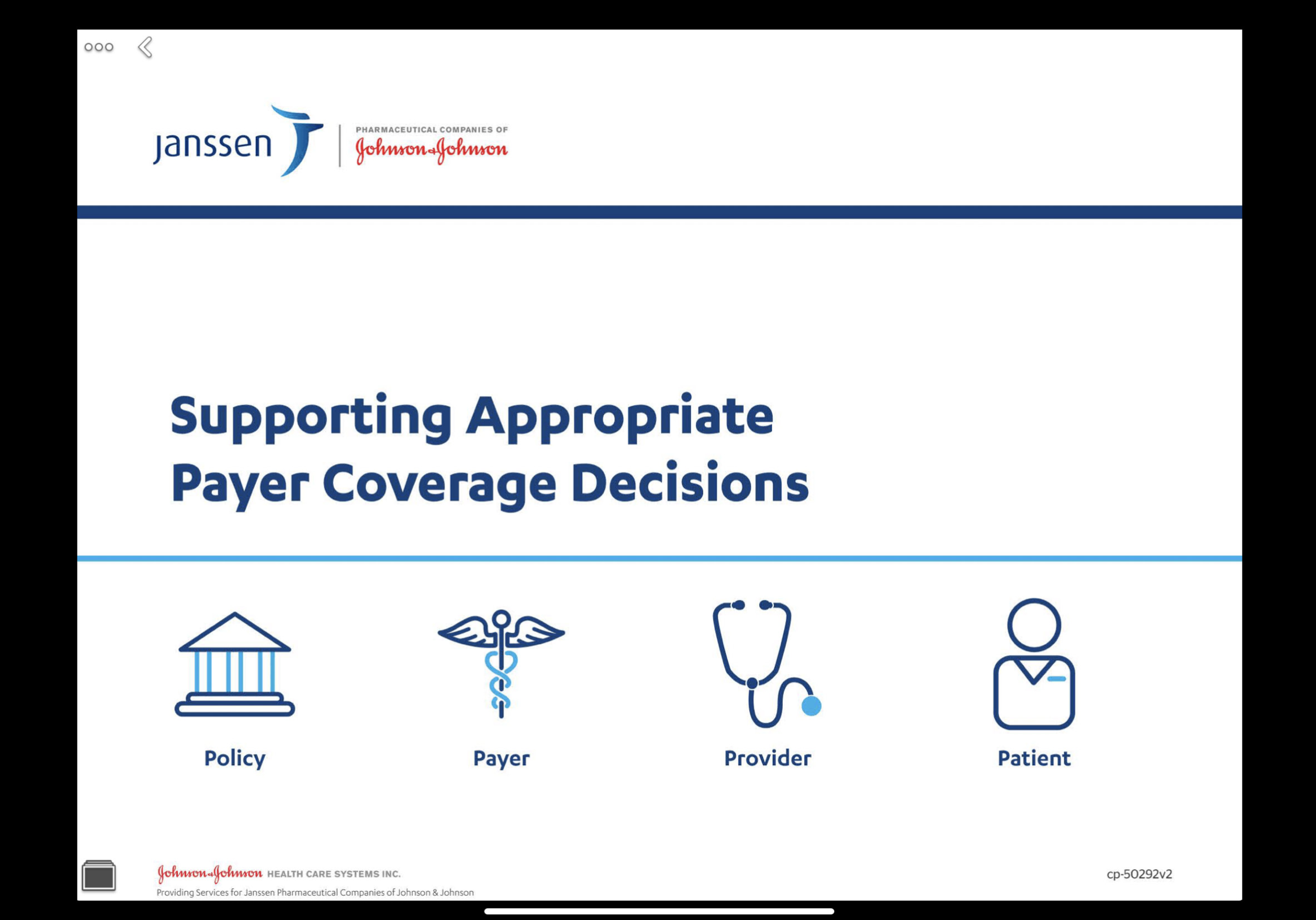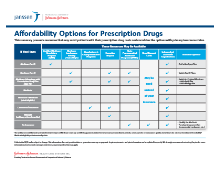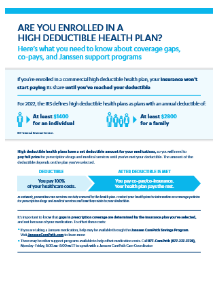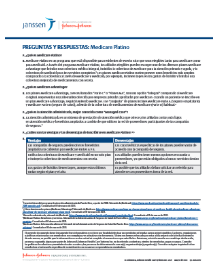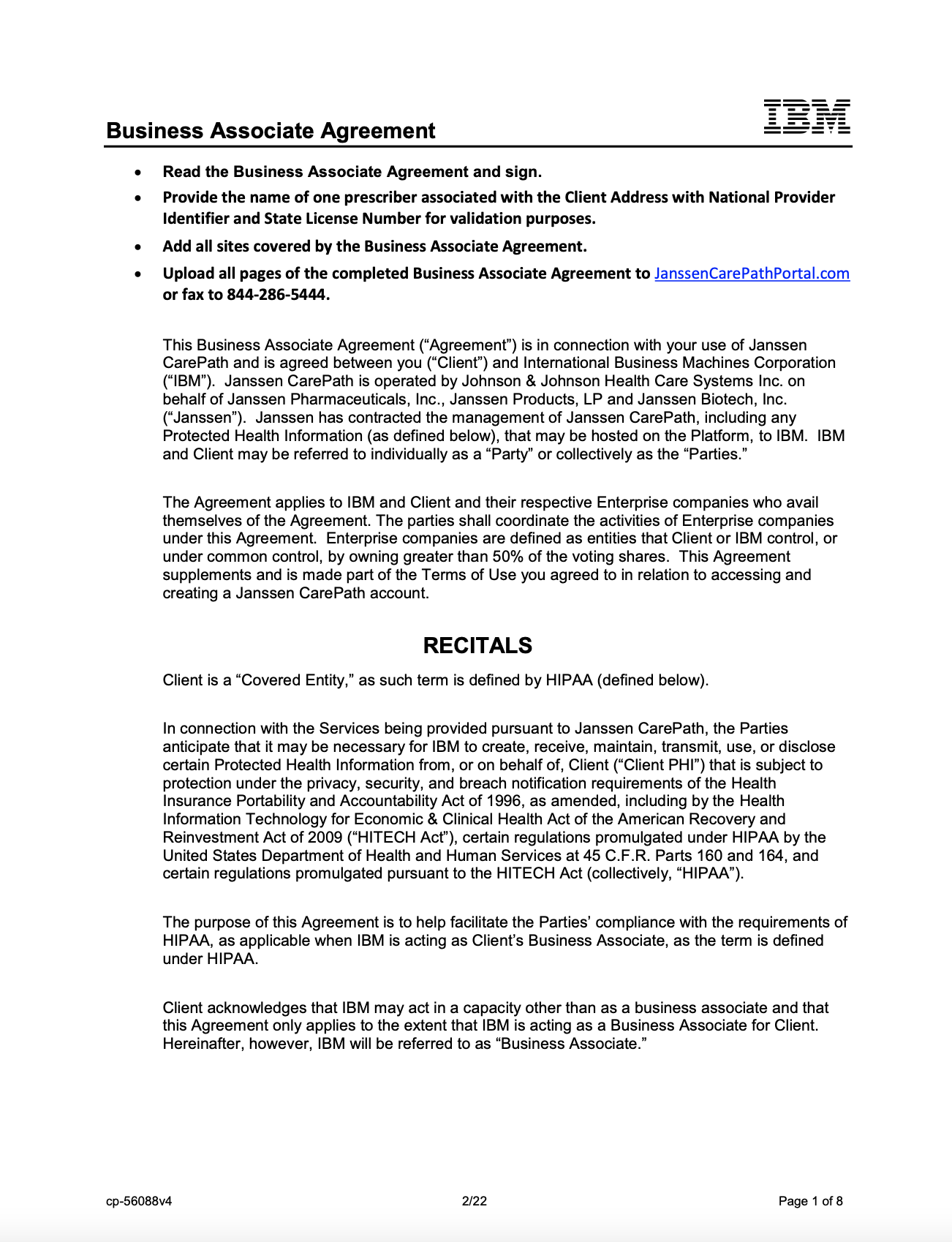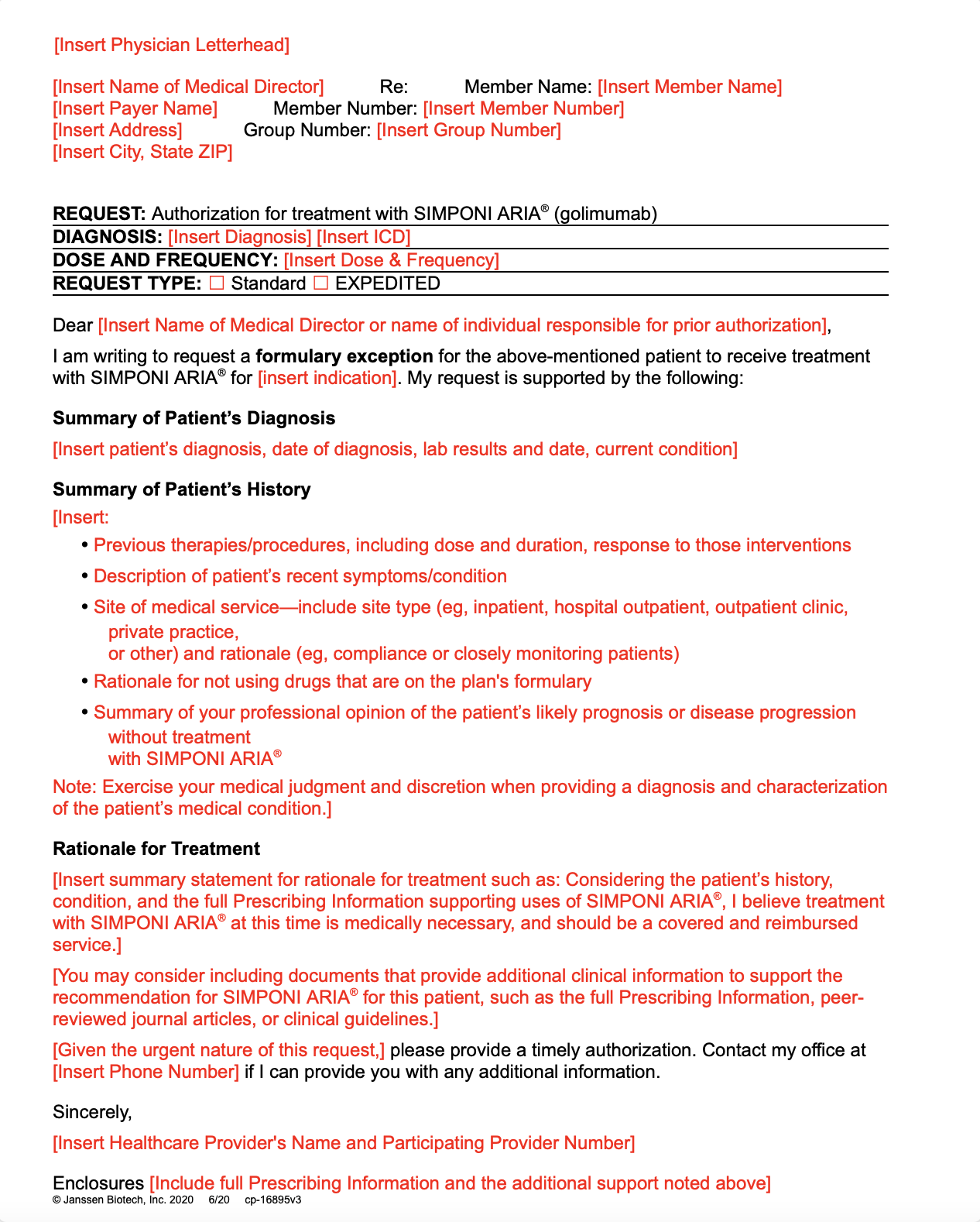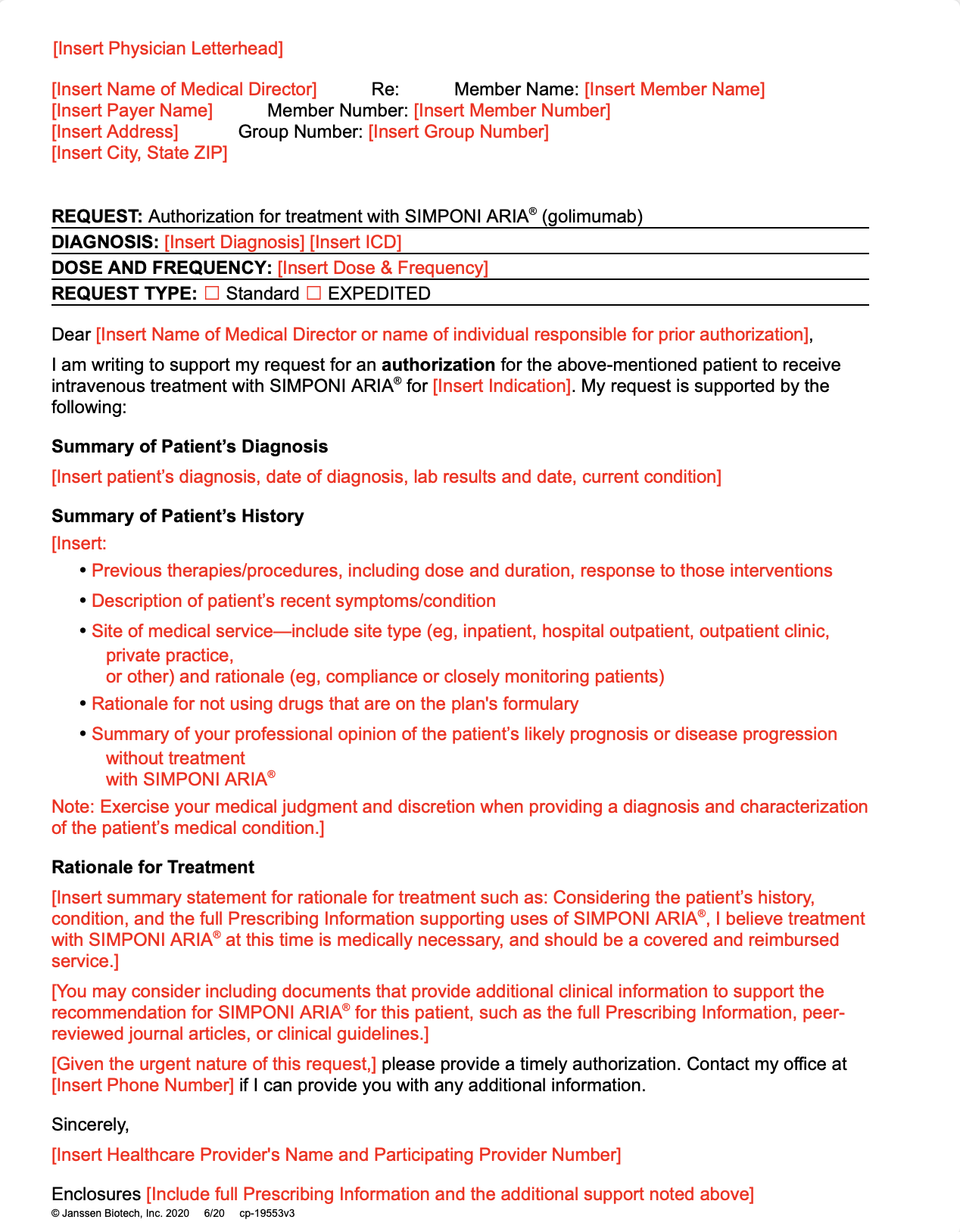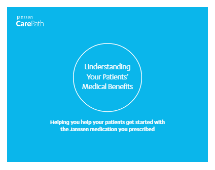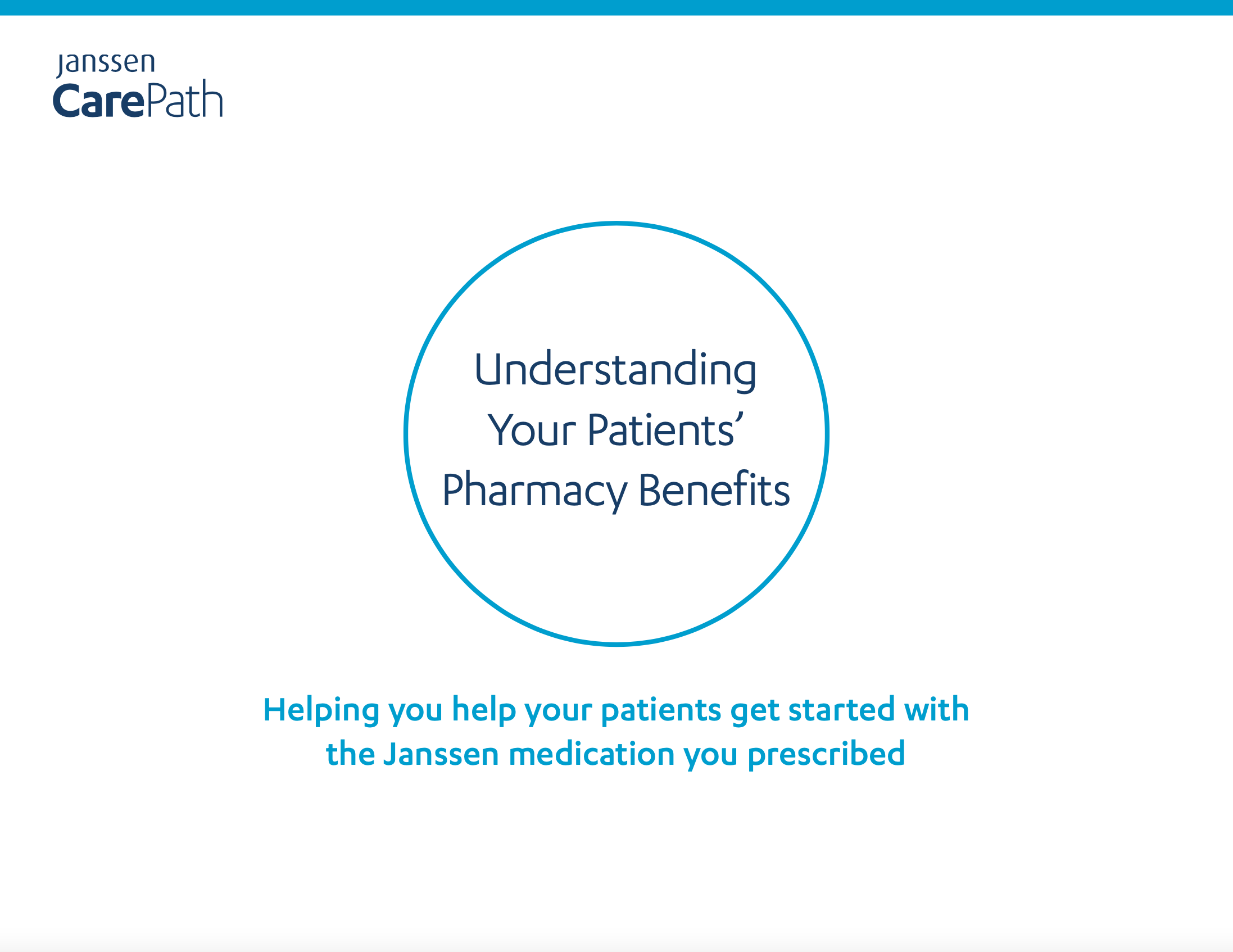SERIOUS INFECTIONS
Patients treated with SIMPONI ARIA® (golimumab) are at increased risk for developing serious infections that may lead to hospitalization or death. Most patients who developed these infections were taking concomitant immunosuppressants such as methotrexate or corticosteroids. Discontinue SIMPONI ARIA® if a patient develops a serious infection.
Reported infections with TNF blockers, of which SIMPONI ARIA® is a member, include:
-
Active tuberculosis (TB), including reactivation of latent TB. Patients frequently presented with disseminated or extrapulmonary disease. Test patients for latent TB before SIMPONI ARIA® use and during therapy. Initiate treatment for latent infection prior to SIMPONI ARIA® use.
- Invasive fungal infections, including histoplasmosis, coccidioidomycosis, candidiasis, aspergillosis, blastomycosis, and pneumocystosis. Patients with histoplasmosis or other invasive fungal infections may present with disseminated, rather than localized, disease. Consider empiric anti-fungal therapy in patients at risk for invasive fungal infections who develop severe systemic illness.
- Bacterial, viral, and other infections due to opportunistic pathogens, including Legionella and Listeria.
Consider the risks and benefits of treatment with SIMPONI ARIA® prior to initiating therapy in patients with chronic or recurrent infection. Do not start SIMPONI ARIA® in patients with clinically important active infections, including localized infections. Closely monitor patients for the development of signs and symptoms of infection during and after treatment with SIMPONI ARIA®, including the possible development of TB in patients who tested negative for latent TB infection prior to initiating therapy, who are on treatment for latent TB, or who were previously treated for TB infection.
Risk of infection may be higher in patients greater than 65 years of age, patients with co-morbid conditions and/or patients taking concomitant immunosuppressant therapy. Other serious infections observed in patients treated with SIMPONI ARIA® included sepsis, pneumonia, cellulitis, and abscess.
MALIGNANCIES
Malignancies, some fatal, have been reported in children, adolescents, and young adult patients treated with golimumab. Approximately half the cases were lymphomas, including Hodgkin’s and non-Hodgkin’s lymphoma. The other cases represented a variety of malignancies, including rare malignancies usually associated with immunosuppression and malignancies not usually observed in children or adolescents. Malignancies occurred after a median of 30 months after the first dose of therapy. Most of the patients were receiving concomitant immunosuppressants.
In the controlled portions of clinical trials of TNF blockers including the subcutaneous formulation of golimumab, more cases of lymphoma have been observed among patients receiving anti-TNF treatment compared with patients in the control groups. In clinical trials, the incidence of malignancies other than lymphoma and non-melanoma skin cancer per 100 patient-years of follow-up was 0.56 (95% CI: 0.01, 3.11) in the SIMPONI ARIA® group compared with an incidence of 0 (95% CI: 0.00, 3.79) in the placebo group. Cases of acute and chronic leukemia have been reported with TNF-blocker use, including SIMPONI ARIA®. The risks and benefits of TNF-blocker therapy should be considered prior to initiating therapy in patients with a known malignancy or who develop a malignancy.
Postmarketing cases of hepatosplenic T-cell lymphoma (HSTCL), a rare type of T-cell lymphoma, have been reported in patients treated with TNF blockers. These cases have had a very aggressive disease course and have been fatal. Nearly all reported cases have occurred in patients with Crohn’s disease or ulcerative colitis, and the majority were in adolescent and young adult males. Almost all of these patients had received treatment with azathioprine or 6-mercaptopurine concomitantly with a TNF blocker at or prior to diagnosis. A risk for the development for HSTCL in patients treated with TNF blockers cannot be excluded.
Melanoma and Merkel cell carcinoma have been reported in patients treated with TNF-blocking agents, including SIMPONI ARIA®. Periodic skin examination is recommended for all patients, particularly those with risk factors for skin cancer.
HEPATITIS B REACTIVATION
The use of TNF blockers, of which SIMPONI ARIA® is a member, has been associated with reactivation of hepatitis B virus (HBV) in patients who are chronic hepatitis B carriers. In some instances, HBV reactivation occurring in conjunction with TNF-blocker therapy has been fatal. The majority of these reports have occurred in patients who received concomitant immunosuppressants.
All patients should be tested for HBV infection before initiating TNF-blocker therapy. For patients who test positive for hepatitis B surface antigen, consult a physician with expertise in the treatment of hepatitis B before initiating TNF-blocker therapy. Exercise caution when prescribing SIMPONI ARIA® for patients identified as carriers of HBV and closely monitor for active HBV infection during and following termination of therapy with SIMPONI ARIA®. Discontinue SIMPONI ARIA® in patients who develop HBV reactivation, and initiate antiviral therapy with appropriate supportive treatment. Exercise caution when considering resumption of SIMPONI ARIA®, and monitor patients closely.
CONGESTIVE HEART FAILURE
Cases of worsening congestive heart failure (CHF) and new-onset CHF have been reported with TNF blockers, including SIMPONI ARIA®. Some cases had a fatal outcome. Exercise caution in CHF patients receiving SIMPONI ARIA® and monitor them closely during therapy. Discontinue SIMPONI ARIA® if new or worsening symptoms of heart failure appear.
DEMYELINATING DISORDERS
Use of TNF blockers, including SIMPONI ARIA®, has been associated with rare cases of new-onset or exacerbation of demyelinating disorders, including multiple sclerosis (MS) and Guillain-Barré syndrome. Cases of central demyelination, MS, optic neuritis, and peripheral demyelinating polyneuropathy have rarely been reported in patients treated with golimumab. Exercise caution in considering the use of SIMPONI ARIA® in patients with these disorders. Consider discontinuation if these disorders develop.
AUTOIMMUNITY
Treatment with TNF blockers, including SIMPONI ARIA®, may result in the formation of antinuclear antibodies. Rarely, treatment with TNF blockers may result in a lupus-like syndrome. Discontinue treatment if symptoms of a lupus-like syndrome develop.
USE WITH OTHER DRUGS
The concomitant use of a TNF blocker and abatacept or anakinra was associated with a higher risk of serious infections, therefore the use of SIMPONI ARIA® in combination with these products is not recommended. Care should be taken when switching from one biologic to another since overlapping biological activity may further increase the risk of infection. A higher rate of serious infections has also been observed in RA patients treated with rituximab who received subsequent treatment with a TNF blocker. The concomitant use of SIMPONI ARIA® with biologics approved to treat RA is not recommended because of the possibility of an increased risk of infection.
HEMATOLOGIC CYTOPENIAS
There have been reports of pancytopenia, leukopenia, neutropenia, agranulocytosis, aplastic anemia, and thrombocytopenia in patients receiving SIMPONI ARIA®. Exercise caution when using SIMPONI ARIA® in patients who have or had significant cytopenias.
VACCINATIONS/THERAPEUTIC INFECTIOUS AGENTS
Live vaccines or therapeutic infectious agents should not be given with SIMPONI ARIA® due to the possibility of clinical infections, including disseminated infections.
Update vaccinations prior to initiation of treatment in accordance with current vaccination guidelines. Advise patients to discuss with the physician before seeking any immunizations. At least a 6-month waiting period following birth is recommended before the administration of any live vaccine to infants exposed in utero to SIMPONI ARIA®.
HYPERSENSITIVITY REACTIONS
Serious systemic hypersensitivity reactions (including anaphylaxis) have been reported following administration of the subcutaneous formulation of golimumab and SIMPONI ARIA®, some occurring after the first dose. Hypersensitivity reactions including hives, pruritus, dyspnea, and nausea, were reported in association with infusions of SIMPONI ARIA®. If an anaphylactic or other serious allergic reaction occurs, discontinue SIMPONI ARIA® immediately and institute appropriate therapy.
ADVERSE REACTIONS
The most serious adverse reactions were serious infections and malignancies.
The most common adverse reactions (incidence ≥ 3%) reported in clinical trials were: upper respiratory tract infection, alanine aminotransferase increase, viral infection, aspartate aminotransferase increase, neutrophil count decrease, bronchitis, hypertension, and rash. In the controlled phase of Trial RA, the rate of infusions associated with an infusion reaction was reported in 1.1% of SIMPONI ARIA® infusions compared with 0.2% of infusions in the control group.
The adverse reactions observed in pediatric patients with polyarticular Juvenile Idiopathic Arthritis (pJIA) were consistent with the established safety profile of SIMPONI ARIA® in adult patients with RA and PsA.
Please see the full Prescribing Information and Medication Guide for SIMPONI ARIA®. Provide the Medication Guide to your patients and encourage discussion.
cp-51207v3



